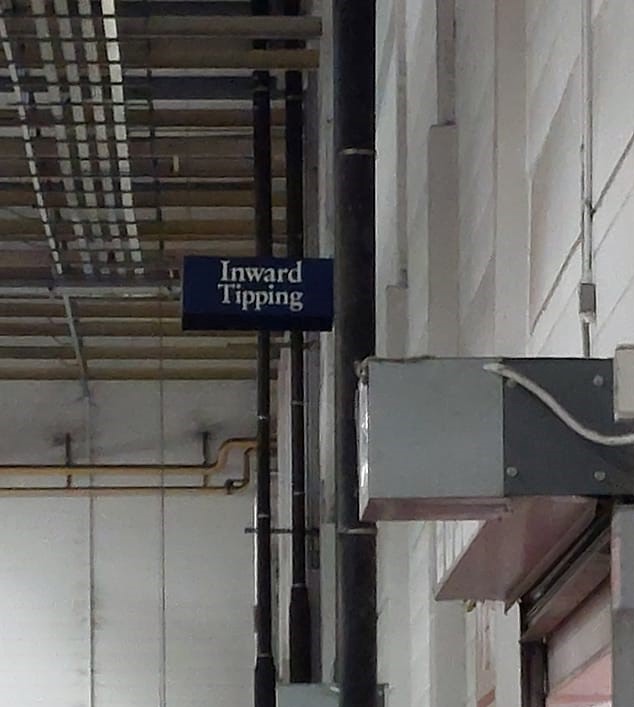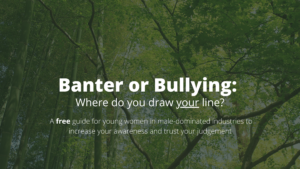
What is Nonviolent Communication?
NVC was developed by Marshall Rosenberg, an American psychologist, in the 1960s. On a purely practical level it is a series of steps to follow, to increase your understanding of why you are feeling and acting the way you are and to then understand the same in others.
“With Nonviolent Communication (NVC) we learn to hear our own deeper needs and those of others. Through its emphasis on deep listening—to ourselves as well as others—NVC helps us discover the depth of our own compassion. This language reveals the awareness that all human beings are only trying to honor universal values and needs, every minute, every day.” (From website of Center for Nonviolent Communication)
On a consciousness level it is about a commitment to deep connection with the self and with others and through that radically altering the way that humans relate to each other. At its core it focusses on fundamental human needs and the understanding that in any situation all anyone is trying to do is meet their needs. Once you become aware of what the need is that you or someone else is trying to meet, it is a lot easier to empathise and start to understand someone’s behaviour.
Between those two poles of the practical and the conscious, there is where we all place ourselves as practitioners and trainers of Nonviolent Communication. For me, rather than just telling somebody the importance of empathy in leadership, I like to give a very clear process for what that means and how it might happen. It is a tool for self-connection so that in any situation you can understand your own motivations better and through that you can create the capacity within you to understand other people’s motivations better.
What does NVC mean to me?
Where my interest lies, especially in the work I do in male-dominated industries, is in finding ways for people to communicate so that diversity and creating a more diverse team, is a lot less scary and just flows easily. It is also about bringing our awareness to what is a choice and how much of the way things are – our typical habits and ways of relating to each other – are part of a pattern that can easily be changed, while still staying authentic. For me it is about changing the small picture while always keeping an eye on the big picture.
How did I get into NVC?
I first heard about NVC while at a festival down in Dorset. I didn’t go to the workshop but was intrigued by the name. Then in 2014 I left a relationship and I knew that communication had been a serious issue for us. I bought Marshall’s book and read it, ticking off all the things that he and I had done that contributed to the relationship not working! From then I was hooked. I went to my first course in 2015, started on the path to certification as a trainer in 2017 and would hopefully have certified in 2020 had COVID not got in the way.
Now it is the process I turn to make sense of myself, to understand why something has bothered me, to delve deeper into the core beliefs which underlie the surface behaviour and to empathise better with others. I love the simplicity of the model combined with the depth that it makes possible. We are all a work in progress, but I am very grateful to have found the process that works for me.
Image by Jeremy Bishop on Unsplash





